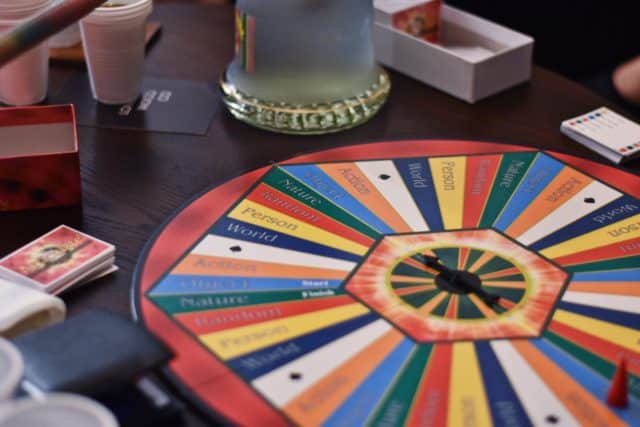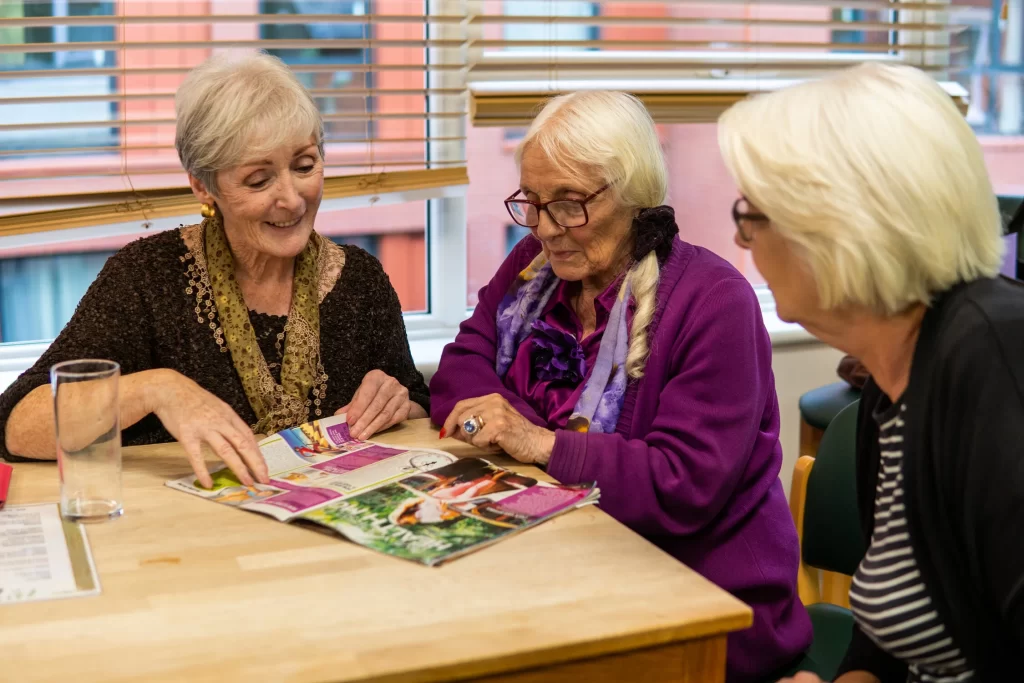15 Game Ideas for Nursing Homes
In this post, I have shared a few fun and exciting game ideas for nursing homes.
Who could say no to sitting comfortably on a couch with a bunch of friends and playing games like Monopoly and Scrabble?
It is life’s one of the greatest pleasures to forget all your worries and spend time with other like-minded folks. So, why not create such an environment in the place you reside. Even if it’s a nursing home.
Here are the 15 best game ideas for nursing homes.
1. Bingo: A classic game that’s always a hit in nursing homes. It’s easy to play and can help with memory recall.
2. Trivia: Gather residents and have a trivia contest on different topics like history, sports, or pop culture.
3. Jigsaw Puzzle: Provide residents with a challenging and fun jigsaw puzzle, or have them work together on a larger puzzle.
4. Board Games: From Monopoly to Scrabble, board games provide a fun way to socialize and challenge the mind.

5. Ball Games: Simple ball games like catch or bowling are great ways to get residents moving and active.
6. Card Games: Whether it’s a game of bridge, poker or gin rummy, card games offer a fun way to socialize and challenge one’s mind.
7. Art Therapy: Encourage residents to get creative with a variety of art supplies, including paint, markers, and more.
8. Music Therapy: Use music to bring back memories and help residents tap into their creative side.
9. Bingo Dance: Mix up traditional bingo by adding in some music and dance moves.
10. Nature Walk: Take residents on a leisurely walk in a nearby park or garden. This can help improve their physical and mental well-being.
11. Movie Night: Screen a classic movie and have a movie night complete with popcorn, candy, and soda.
12. Reading Time: Encourage residents to pick up a good book and spend some quiet time reading.
13. Scavenger Hunt: Plan a scavenger hunt within the nursing home or in a nearby park.
14. Group Exercise: Encourage residents to join in on a group exercise class like yoga, tai chi, or chair aerobics.
15. Cooking Class: Teach residents how to make a simple dish, or have them work together to make a larger meal.
Remember, the most important thing is to get residents interacting with each other, staying active, and having fun!
What to do if nursing home residents get bored?

Keeping nursing home residents active and engaged is important for their physical and mental well-being. When residents start feeling bored, it can lead to depression, decreased physical activity, and other negative outcomes. So, it’s essential to come up with activities that can help keep residents entertained and stimulated.
How to ensure the safety of nursing home residents while they play recreational games?
Ensuring the safety of nursing home residents while they play recreational games is a top priority. Here are a few tips to follow:
1. Choose games that are age-appropriate and safe for the resident’s physical abilities.
2. Make sure the playing area is free from tripping hazards, such as cords or rugs, and is well-lit.
3. Ensure that the residents have adequate support, such as sturdy chairs or armrests, when participating in games.
4. Provide close supervision for residents who need assistance with mobility or balance.
5. Use non-slip flooring to reduce the risk of falls, and keep the playing area free from clutter and obstacles.
6. Keep equipment in good condition and replace anything that is broken or worn out.
7. Make sure that residents understand the rules of the game and that the game is being played in a safe and controlled manner.
8. Encourage residents to take breaks when needed, and provide water or other beverages to keep them hydrated.
By following these guidelines, you can help ensure that nursing home residents have fun and stay safe while playing recreational games.
What to do if a nursing home resident refuses to play?
If a nursing home resident refuses to play recreational games, it is important to respect their decision and not force them to participate. However, there are a few steps that can be taken to encourage them to engage in recreational activities:
Identify the reason behind their refusal: Understanding the reason behind their reluctance can help in finding ways to make the activities more appealing to them.
Personalize the activities: Offer activities that cater to their interests and preferences, such as reading groups, gardening, or arts and crafts.
Offer alternatives: If a resident is not interested in traditional recreational games, offer alternative activities like chair exercises, mindfulness exercises, or music therapy.
Create a comfortable environment: Ensure that the residents feel safe and secure while playing games. Provide proper equipment, assistive devices, and other necessary support.
Encourage peer involvement: Encourage other residents to participate and create a friendly, supportive environment.
Offer incentives: Offer small rewards for participation or for reaching milestones, to encourage residents to join in.
In the end, it is important to remember that every resident is unique, and their level of participation in recreational activities may vary. The key is to find a balance between providing opportunities for engagement and respecting individual choices.
